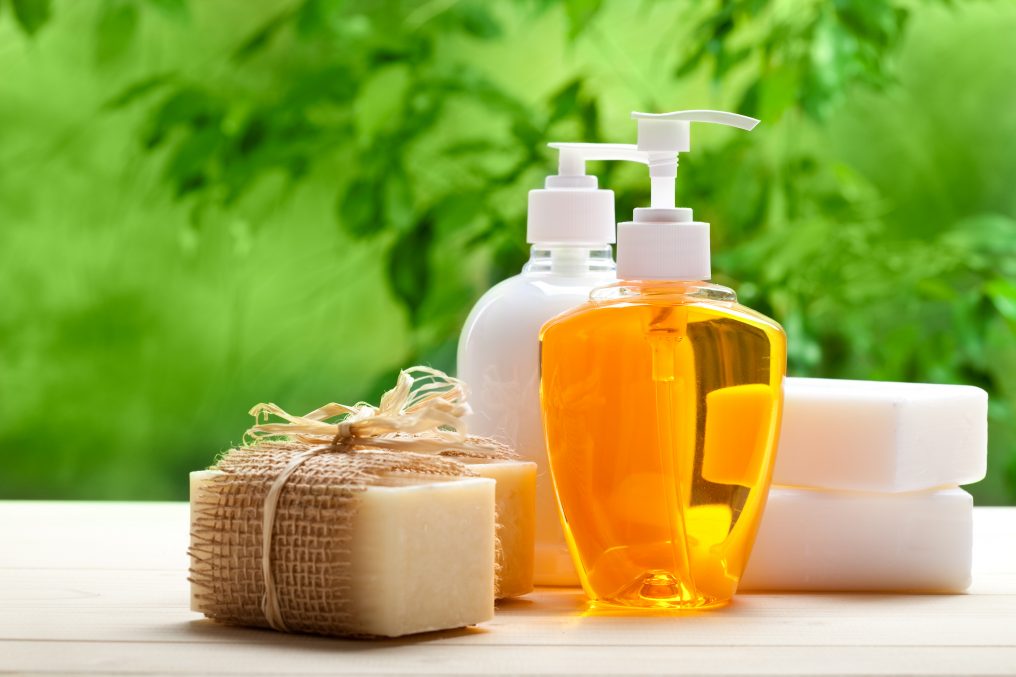Written by Angela Silva
When it comes to preventing illnesses, we all want to do what’s best for ourselves and our families. One of the most basic ways to prevent illness is through hand-washing. But how do we know if the soap we’re using is actually helping eliminate germs and clean our hands? Here are a few tips to make sure you’re using the best soap.
1. Liquid or solid?
Whenever possible, use liquid soap instead of bar soap. Bar soap often sits in water between uses and can be heavily contaminated with bacteria. In addition, young children often lack the dexterity to effectively use bar soap, and many people do not rinse the bar of soap after using. Skin infections can spread by sharing bar soaps.
2. Plain or antibacterial?
Recent research has shown that antibacterial soap is no more effective at killing germs than plain soap. In fact, the main ingredient in antibacterial soap, called triclosan, has not only been suspected of creating bacterial resistance but may also alter the way hormones work in the body. These claims and the fact that antibacterial soaps are so widely used, the FDA released a statement saying that they will be further investigating triclosan’s effectiveness to ensure consumer safety. Plain soaps should be used in the home and in public places, but hospital settings may require antibacterial soap.
3. Name brand or store brand?
Most soaps contain the same basic structure: a salt from a fatty acid. These salt molecules attach to the dirt, oil or grime on our hands and suspend them in the water until we rinse them away. A lot of soaps differ in price because of added fragrances or moisturizers. For the purpose of cleaning hands, store-brand soap is just as effective as expensive name-brand soap. Any additional qualities of soap can help other hand conditions, such as dryness.
4. If I’m allergic to soap, what are my options?
An allergy to soap is called contact dermatitis. A reaction most often includes a rash, which may sometimes be painful or itchy. The allergy is most often in response to the added fragrances or colors in the soap. A few product lines offer hypoallergenic soaps for those who suffer from this allergy. Aveeno products are commonly recommended because they contain colloidal oatmeal as an active ingredient, which has anti-itch properties. Olive oil soaps often have less added preservatives and fragrances, making them safe for people with allergies.




No Comment